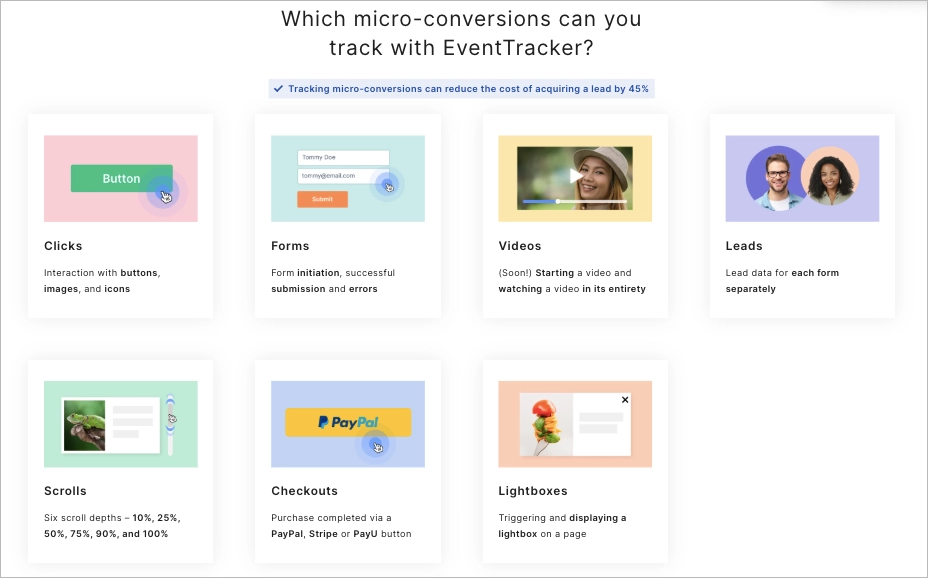PPC keyword research is the process of identifying and selecting search terms that potential customers are likely to use when looking for products or services online. In the context of increasing ROI, effective keyword research ensures that advertising budgets are spent targeting high-intent queries—those most likely to convert—rather than wasting spend on irrelevant or low-performing terms.
Keywords are a core component of most PPC campaigns and play a critical role in content marketing, SEO, and site optimization strategies. They often determine the effectiveness of advertising by directly influencing ad visibility, click-through rates, and ultimately, conversions.
Poorly chosen keywords can lead to wasted spend, low-quality traffic, and weak results. In contrast, well-researched keywords help define the target audience, clarify their intent, and align messaging with different stages of the buyer’s journey. The more accurate the keyword targeting, the more likely a campaign is to generate measurable returns.

What is PPC in Keyword Research?
PPC keyword research is the process of finding relevant search terms that advertisers bid on in pay-per-click campaigns. These keywords help define the target audience and indicate where users are in the buying journey.
How Do I Find the Right Keywords for PPC?
To find effective PPC keywords, begin by understanding your audience’s search behavior and intent. Brainstorm terms that closely match your products or services. Then, use tools such as Google Keyword Planner or SEMrush to review data on search volume, competition, and cost-per-click. This information helps you prioritize keywords that are both relevant and cost-effective.

How to Find the Best Keywords for AdWords?
To find the best keywords for AdWords, start by choosing keywords that closely match your products or services. Use Google Keyword Planner to explore related terms and review data on search volume, competition, and cost-per-click. Focus on keywords with strong relevance and manageable competition to maximize your ad budget.

How to Find the Best Keywords for Amazon?
To find the best keywords for Amazon, start by brainstorming how customers might search for your product. Next, use Amazon’s autocomplete feature and review competitor product listings to identify commonly used terms. Then, apply keyword research tools such as Google Keyword Planner, KeywordTool, Ubersuggest, or Semstorm to gather search data. Use these tools to verify your initial ideas and eliminate keywords that don’t align with actual search behavior.

Keyword Research in 4 Steps
Keyword research is not a one-time task. It should be an ongoing process that is regularly reviewed, tested, and refined to align with user behavior and search trends.
Identify your audience
Start by clearly defining your target customers—their needs, goals, and search behavior. If the audience is poorly defined, the keywords selected will likely miss the mark.
Use Keyword Tools
Tools such as Google Keyword Planner, KeywordTool, and Ubersuggest help evaluate keyword metrics like search volume, competition, and trends. Focus on long-tail keywords that closely match user intent and can deliver conversions at a lower cost.
Analyze the competition
Look at which keywords competitors are targeting in their product listings, ads, or content. Use those insights to identify gaps or opportunities, and then validate the keywords using research tools.
Verify and improve
Track how your selected keywords perform over time. Adjust your list based on changes in search behavior or shifts in market demand. Regular updates help ensure your strategy remains effective and relevant.
Craft PPC landing pages with relevant keywords to achieve the best results.
Why Landing Pages Matter in PPC Keyword Strategy?
Landing pages are essential in a PPC keyword strategy because they turn clicks into conversions. You risk paying for traffic that doesn’t engage or convert without a dedicated landing page.
When someone clicks your ad, they expect to land on a page that reflects the promise in your headline. If they’re taken to a generic homepage or a cluttered product page, they often leave without taking action. But when the landing page aligns with the ad message and matches the search intent of the keyword, results improve: your Quality Score increases, cost-per-click (CPC) drops, and conversion rates rise.
Landing pages also make performance tracking more precise. You can identify which keyword generated the click, see which page led to a conversion, and determine what changes are needed. For example, if a page has a high bounce rate, you can test a new call-to-action or adjust the layout. This flexibility makes optimization faster and more effective.

PPC success relies not just on selecting the right keywords, but on how effectively the post-click experience drives action. A targeted landing page helps convert paid traffic into measurable outcomes like sign-ups, purchases, or inquiries.
What Are the Best PPC Keyword Tools?
Effective PPC keyword research tools include Google Keyword Planner, Ahrefs, Semrush, and Surfer SEO. These platforms provide data such as search volume, keyword trends, competition levels, and cost-per-click estimates. This information helps you select keywords that align with your campaign goals and budget.
Use AI landing page features to implement keywords into your PPC page’s copy naturally.
What to Avoid While Doing PPC Keyword Research?
When conducting PPC keyword research, avoid these common mistakes:
- Overlooking long-tail keywords. These terms are often less competitive, more specific, and more cost-effective.
- Ignoring search intent. Keywords must align with what users are actually looking for; otherwise, clicks won’t convert.
- Focusing only on high-volume keywords. These are typically more expensive and may not deliver targeted traffic.
How Many Keywords Should You Use for PPC?
There’s no fixed number, but a focused list of 15 to 30 highly relevant keywords is often more effective than a large set of unrelated or loosely matched terms. Prioritize relevance and user intent over keyword quantity.
What Is the Difference Between SEO and PPC Keyword Research?
SEO keyword research aims to improve organic rankings by targeting terms that reflect long-term user intent and content relevance. PPC keyword research focuses on short-term goals, using high-intent keywords to drive immediate traffic and conversions through paid ads.
Create PPC landing pages that help you turn targeted keywords into sales.
Boost PPC Results with Keyword-Aligned Landing Pages from Landingi
Effective PPC keyword research is a critical component of successful online advertising. By understanding your audience, utilizing the right tools, and continuously refining your approach, you can significantly enhance the impact of your PPC campaigns. Remember, the key to PPC success lies in choosing the right keywords that align with your business goals and your audience’s needs.
This article was created in collaboration with DevaGroup.





